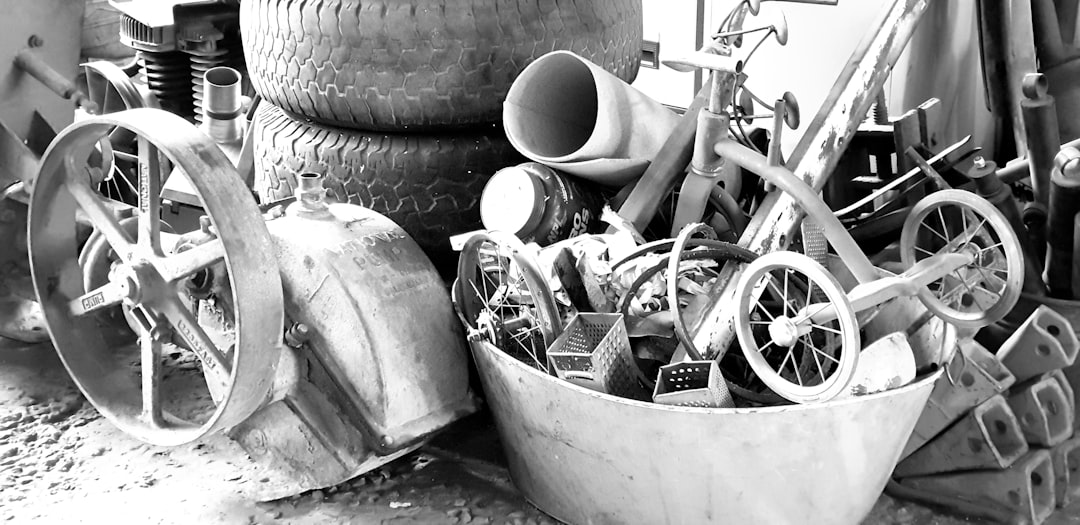
Industrial construction is a specialized field within the wider building and construction market that concentrates on the building of centers required for production, warehousing, and other commercial objectives. This area incorporates different activities, consisting of the style, preparation, and execution of complex frameworks such as manufacturing facilities, nuclear power plant, and distribution centers. Comprehending the details of industrial construction is vital for stakeholders, as it plays an essential function in sustaining economic development and advancement.
Among the defining qualities of industrial construction is its focus on performance and performance. Industrial structures are commonly designed to accommodate the particular needs of making processes, which can include high ceilings, big open rooms, and durable facilities to support heavy machinery. The layout of these centers is usually determined by workflow optimization, security considerations, and compliance with regulatory requirements. As a result, industrial building projects frequently entail cooperation amongst architects, designers, and various specialists to make certain that the final product meets all operational demands.
Another vital facet of industrial construction is the increasing adoption of innovative modern technologies. As markets develop, so do the methods and products made use of in building and construction. Technologies such as Structure Details Modeling (BIM), prefabrication, and sustainable construction methods are ending up being typical in this field. BIM, for instance, enables reliable visualization and administration of building information throughout the whole lifecycle of a job. Prefabrication minimizes waste and construction time by enabling craftsmen to construct components in a regulated atmosphere before transporting them to the website. These modern technologies not only improve task performance however additionally add to cost financial savings and decreased environmental impact.
Safety is extremely important in commercial building and construction. Offered the nature of the job, which typically includes heavy machinery and possibly dangerous products, stringent adherence to security protocols is crucial. Regulations regulate almost every aspect of commercial building, from site preparation to the actual structure process. Business in this industry need to prioritize educating their employees in safety and security practices, routinely perform risk analyses, and guarantee that all equipment is maintained to avoid accidents and injuries. A durable security society is not practically conformity; it is an integral part of functional success and task sustainability.
Finally, commercial building and construction is a vibrant and crucial part of the international economy, identified by its concentrate on effectiveness, advanced modern technology implementation, and strict precaution. As the need for industrial facilities continues to grow, understanding the patterns and obstacles in this field becomes significantly vital for all entailed. By concentrating on advancement and prioritizing safety and security, the commercial construction industry can remain to progress, meeting the needs of services and communities while adding to general economic resilience.